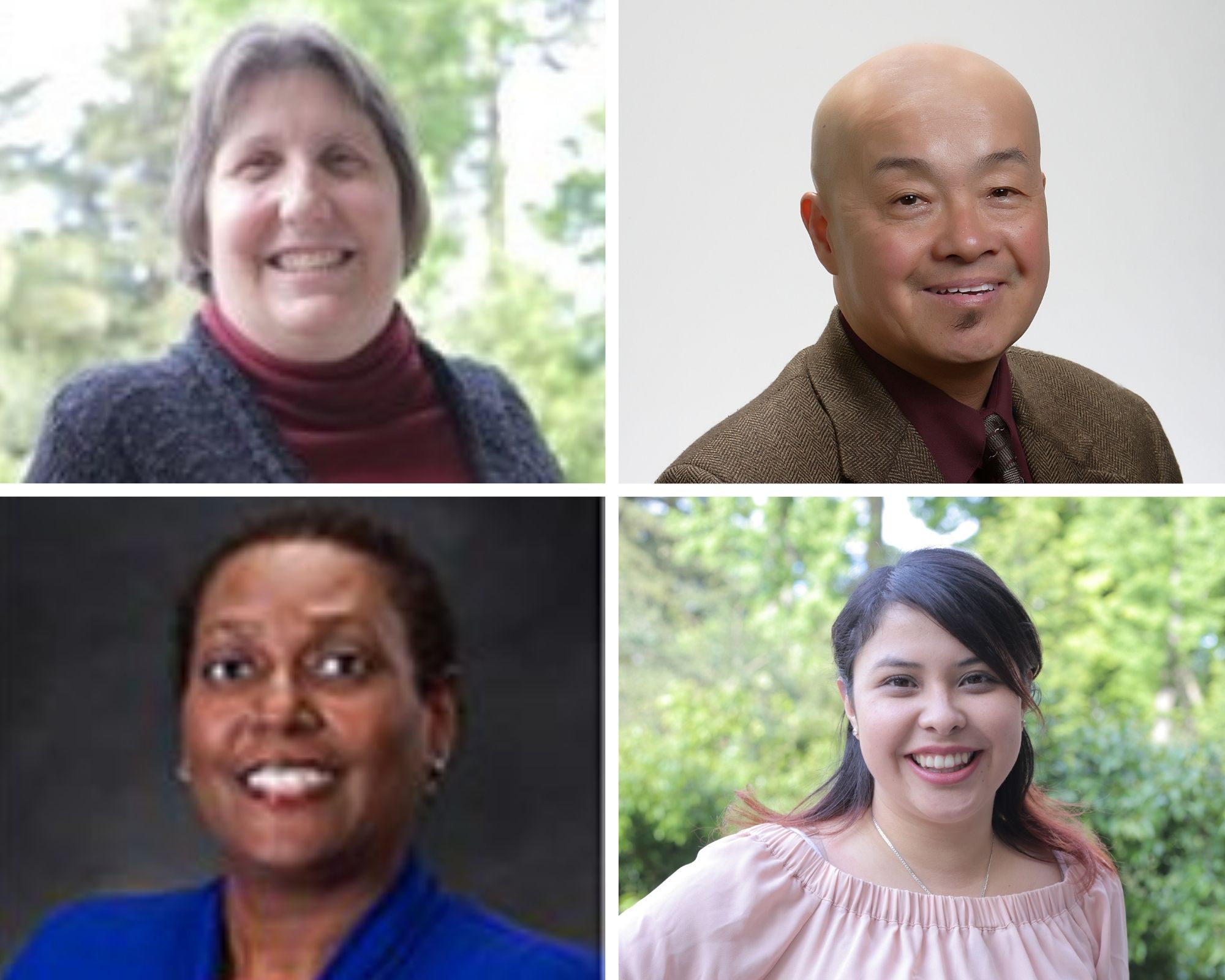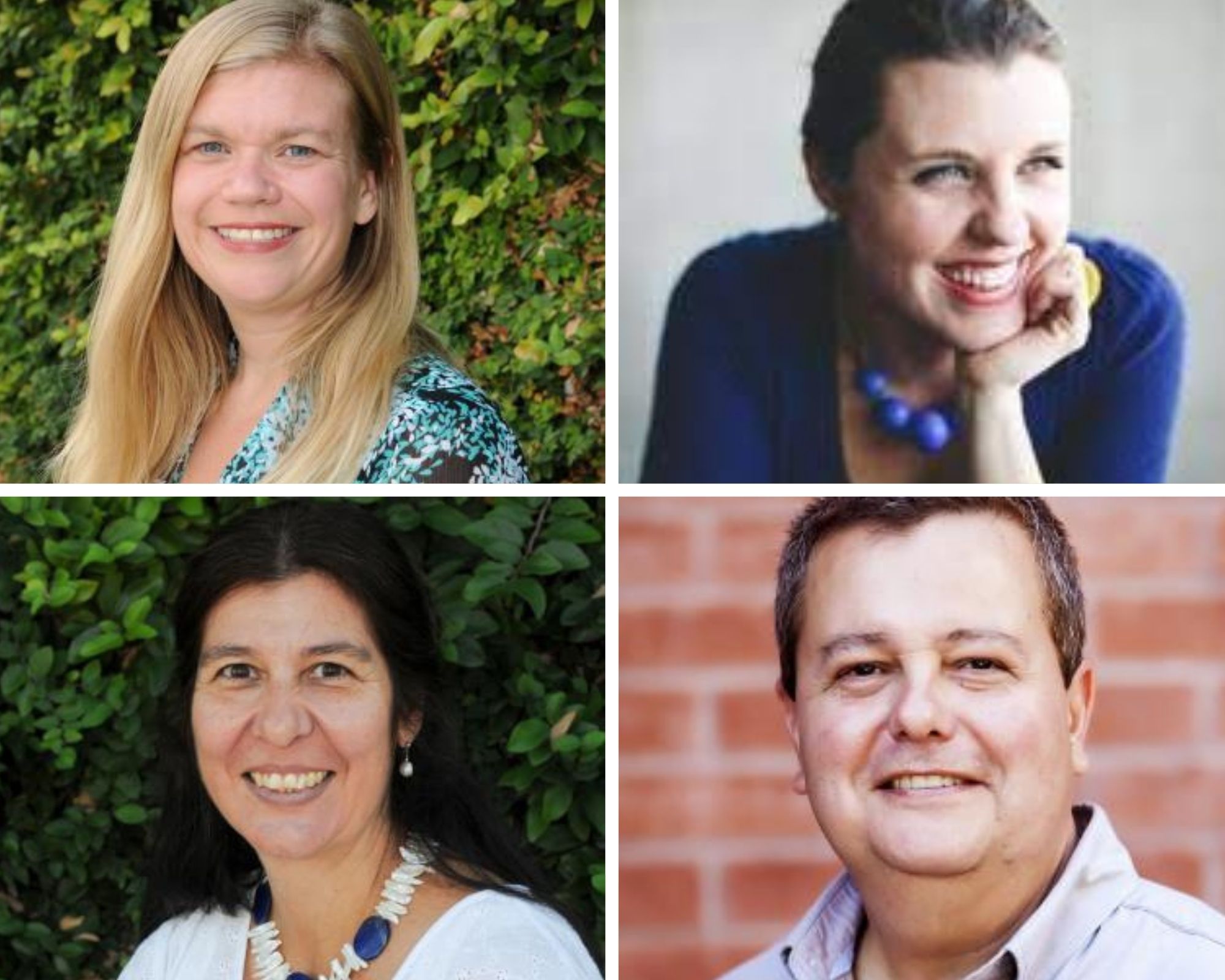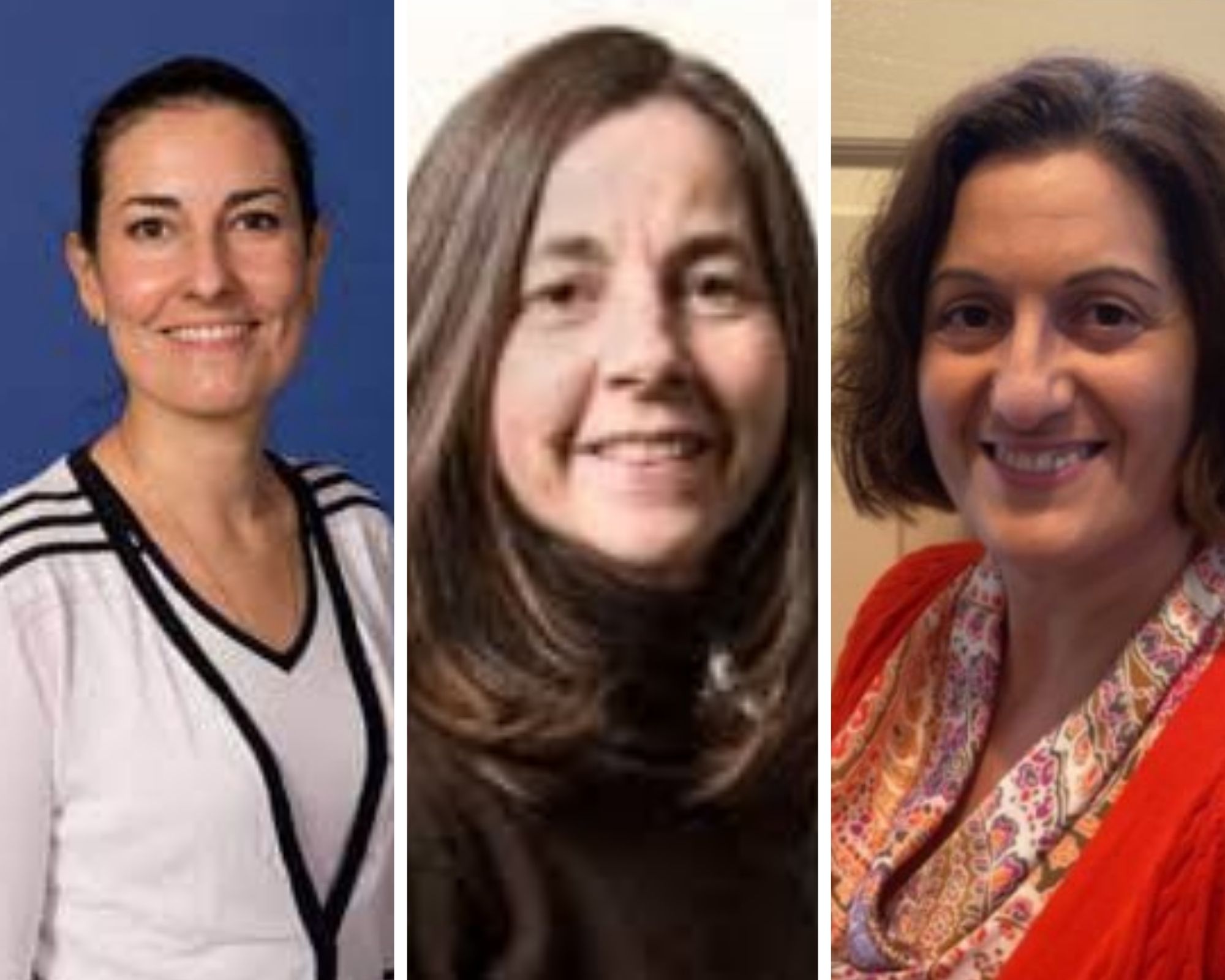This blog post featuring advice from IES-funded Hispanic Serving Institutions on developing research training programs, is part of an ongoing series featuring IES training programs as well as our blog series on diversity, equity, inclusion, and accessibility (DEIA) within IES grant programs
In 2015, IES launched the Pathways to the Education Sciences Research Training Program to encourage undergraduate, postbaccalaureate, and master’s students from diverse backgrounds to pursue careers in education research. The Pathways program grants were made to minority-serving institutions (MSIs) and their partners to provide one year of mentored research training. We asked the leadership teams from our six initial Pathways Programs to share their lessons learned on establishing research training programs. In part one of this blog, we share the lessons learned from the Pathways programs based at Hispanic Serving Institutions (HSIs). In part two, we share lessons learned from the Pathways programs based at historically Black colleges and universities (HBCUs) and their partner institutions.
Pathways: Successful Transitions to and Through Higher Education
California State University, Sacramento (HSI, AANAPISI)
Leadership: Jana Noel, Timothy Fong, Jacqueline Brooks, Erica Zamora
We have five areas for universities to consider that wish to develop undergraduate training programs:

Create an interdisciplinary training team. Draw on the strengths of the wide range of researchers on your campus and beyond. An interdisciplinary team provides an expanded range of perspectives on both the research methods and the questions that are important to pursue within education. All are important and valuable to the expansion of research that will make a difference to the lives of underrepresented students.
Develop partnerships. Develop partnerships across departments and colleges as well as in the community. Our apprenticeship sites span the university and into the community and include university research centers and institutes, K-12 offices of education, and non-profit public policy centers. Apprenticeship partnerships provide fellows with the opportunity to be part of a team that actively conducts research into pressing educational issues and contributes to the research needed to make practice and policy decisions within your region and state.
Intentionally match mentors to fellows. As much as possible, match the fellows’ diversity when selecting research mentors. Mentors provide support on learning new research methodology, asking new questions, working as a team, preparing to present research at conferences, and preparing for graduate school.
Choose a broad research theme. Choose a broad research theme that will appeal to a wide range of students. In our case, we study the barriers and supports for underrepresented students in K-12, community college, and higher education. This allows underrepresented students at MSIs to know that they are welcome in the program and that their experiences and voices will be valued.
Provide continuity across cohorts. Fellows in our program speak at recruiting events for future cohorts, participate in panel discussions for future cohorts, and truly serve as our best source of encouragement for future fellows. The continuity persists during and beyond the program as fellows engage in their academic journeys together.
AWARDSS Training Program
University of Arizona (HSI)/College of Applied Science and Technology at the University of Arizona
Leadership: Michelle Perfect, Brandy Perkl, Sara Chavarria, Andrew Huerta
 Our number one piece of advice for establishing undergraduate research training programs is to add in bridges over the biggest barriers to URM participation.
Our number one piece of advice for establishing undergraduate research training programs is to add in bridges over the biggest barriers to URM participation.
Our Pathways program (AWARDSS) was built on the idea that (1) support from campus programs and (2) intentional mentoring are vital aspects of promoting participation in research from traditionally underrepresented students. For that reason, we have learned that undergraduate research training programs within MSIs need to build on what is already present. Add in the elements you know your students need most, such as financial support, increased access to resources, and focus on improvement of specific skills.
To achieve this in our practice, we built a complementary, hybrid, add-on program to the University of Arizona’s well-established and award-winning Undergraduate Research Opportunities Consortium (UROC) experiences. UROC provides the primary coursework and faculty, while we deliver the add-ons that allow for underrepresented minority (URM) student participation. We focused initially on providing additional funding for our students’ experiences. Then, we added a required inclusion-oriented mentor training to bolster the intentionality of those relationships and the quality of this potentially transformative relationship. This often allows us to support underrepresented mentors, as well. Mentoring does not occur in a vacuum though, and the latest research shows that those with a developmental network outperform those without one. Thus, we staffed the program specifically to serve as a supportive developmental network for our students. Finally, we assessed and trained students in academic areas of need (for example, statistics) at both the cohort and individual levels.
We also suggest that leaders of undergraduate research training programs continuously examine their practices and adjust their models accordingly. We plan to further train our staff in more inclusive and anti-racist practices ensuring that the entire AWARDSS network is informed, intentional, and engaged in supportive practices from day one.
Pathways Program
University of Texas at San Antonio (UTSA; HSI)
Leadership: Guadalupe Carmona, Ann Marie Ryan, Francesca Bronder
 Our goals for the program are to 1) broaden participation of undergraduates from underrepresented backgrounds in doctoral study, and 2) develop a pipeline of talented interdisciplinary researchers who bring fresh ideas, approaches, and perspectives to addressing the challenges of inequalities that exist in P-20 educational experiences, transitions, and outcomes.
Our goals for the program are to 1) broaden participation of undergraduates from underrepresented backgrounds in doctoral study, and 2) develop a pipeline of talented interdisciplinary researchers who bring fresh ideas, approaches, and perspectives to addressing the challenges of inequalities that exist in P-20 educational experiences, transitions, and outcomes.
Through a structured program design, undergraduates can be exposed to research at an early academic stage and discover that through academic and scientific research, they can achieve their passion to systematically improve education and transform their local communities. By learning how research is conducted, closely working with faculty mentors, finding their own research focus, and developing their work, our UTSA Pathways Fellows have gained in academic and personal development, self-confidence, a sense of accomplishment and peer support, independence of work and thought, and have become more academically resilient. For many of them, UTSA Pathways has opened doors and facilitated access to several graduate schools. For others, it has helped them apply their newly acquired research skills to a variety of professional fields and become more marketable in their chosen careers.
We identified three central concepts for UTSA Pathways that we think would be helpful for others who are developing undergraduate research training programs: Empowerment, Transformation, and Inspiration.
- Empowerment. Once unheard student voices are now becoming part of our education research community as fellows actively participate in academic and research activities. Your program should empower students to form their own identities as fellows and help to extend this empowerment to their personal lives.
- Transformation. Our Pathways program has generated change in multiple communities, built new collaborations, recruited new faculty, and obtained supporters devoted to Pathways and its goals of broadening participation of historically underrepresented voices. We suggest that your program identify the critical partners and potential levers of change specific to your program’s model and goals.
- Inspiration. We have found that our fellows’ resilience and commitment has been channeled through their active engagement and dissemination of their research that, for most, begins with UTSA Pathways. And our mentors’ passion and generosity has guided and supported a new generation of scholars in educational research. We encourage you to create an environment of hospitality and engagement that will embrace a passionate group of young scholars to participate in their communities of research and practice.
Produced by Katina Stapleton (Katina.Stapleton@ed.gov), co-Chair of the IES Diversity and Inclusion Council. She is also the program officer for the Pathways to the Education Sciences Research Training Program and the new Early Career Mentoring Program for Faculty at Minority Serving Institutions, the two IES training programs for minority serving institutions.